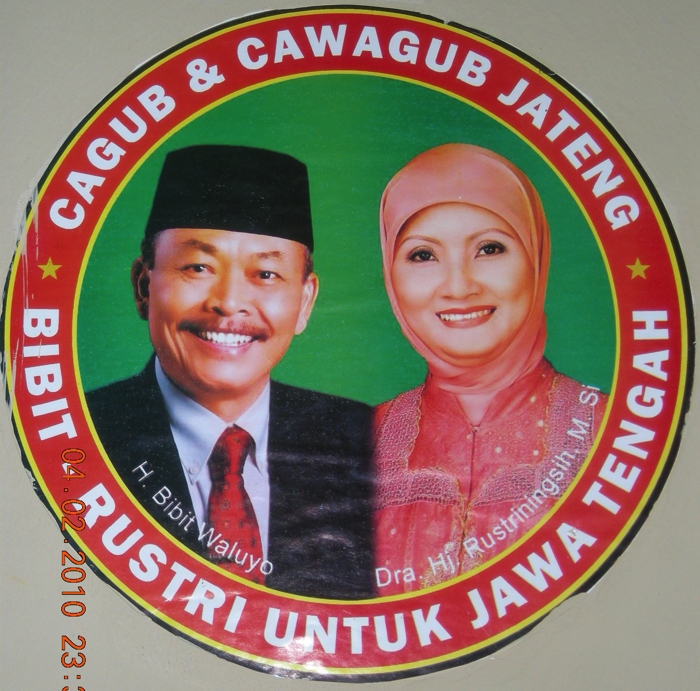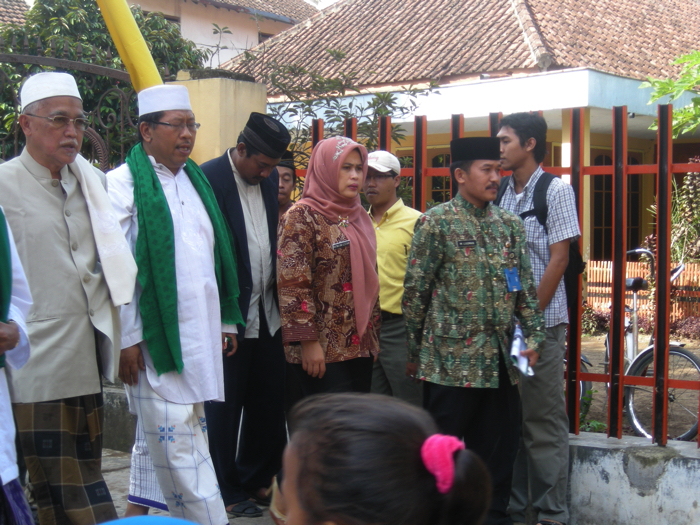- Project Leader : Kurniawati Hastuti Dewi (Research Center for Politics, the Indonesian Institute of Sciences)
Outline of Research
This study addresses the factors behind the rise and victory of Javanese Muslim women political leaders in current local politics in Indonesia. Using gender perspectives to analyze this political phenomenon, the study aims to uncover that the role of Islam, gender, and networks are decisive in their political victory. The Islamic belief on female leadership at the local level, exemplified by Nahdlatul Ulama (NU) as the dominant religious organization in Java, provides a strong religious foundation for Javanese Muslim women politicians to assume political leadership. Their ability to use their gender in combination with the idea and practice of Islamic piety, and to use religio-political support and male/female base networks in political campaign, is significant. An analysis of the Javanese Muslim women political leaders’ commitment on women’s issues will uncover that having a female leader does not guarantee that they will exhibit women’s perspectives in their policies.
Description
The purpose of this publication is twofold. Firstly, it is to fill a void in the scholarly gap. To date, no comprehensive study has been conducted to reveal factors behind the rise and victory of Muslim women in local politics. This study is the first to address the role of Islam, gender, networks, and to some extent familial ties, behind the rise of victory of Javanese Muslim women in local politics, in post-Suharto Indonesia. Secondly, this publication offers new perspectives in analyzing Indonesian local politics by using gender perspectives. While scholarship concerned with the absence of gender analysis in studies of Southeast Asian politics emerged in the 1990s, it continues to persist today. Thus, this publication is in line with wider scholars’ efforts and concern to incorporate gender analysis in political analysis.
Significance of Publication and Expected Results. By using gender perspectives to examine political phenomenon, the publication will develop new perspectives on the agency of Muslim women in utilizing their individual capital (education, social background, and gender) to shape the growth and direction of democratization in Indonesian local politics. It indicates that important social changes have occurred in post-Suharto Indonesia in which more Muslim women continue to take political leadership roles beginning in local politics and gradually rising to national politics. With a broader scope, the publication signifies that the new trend of Muslim women political leaders will color future discourses on gender, politics, and Islam in contemporary Southeast Asia.
 Bibit and Rustriningsih in a Pamphlet for the 2008 Central Java Gubernatorial Election. |
 Ratna Ani Lestari Official Visit to Pesantren Al-Azhar in Banyuwangi (6 August 2009) |
